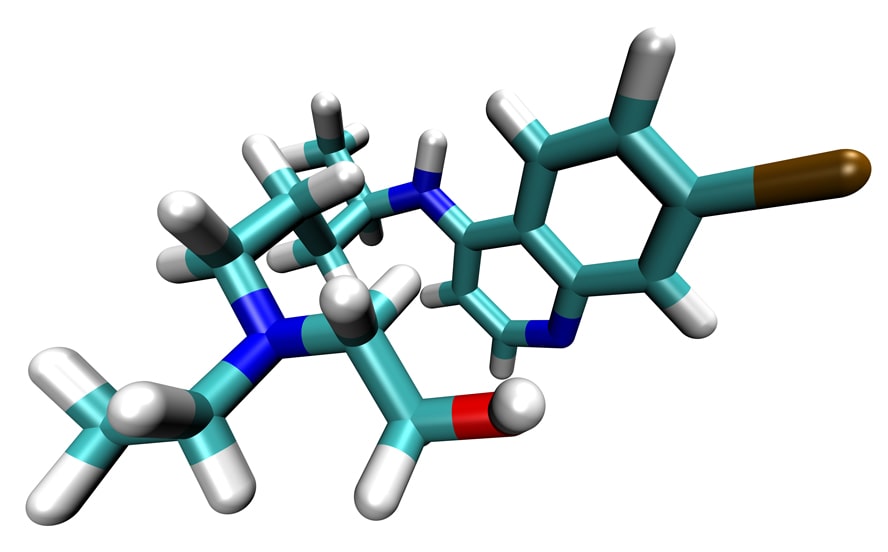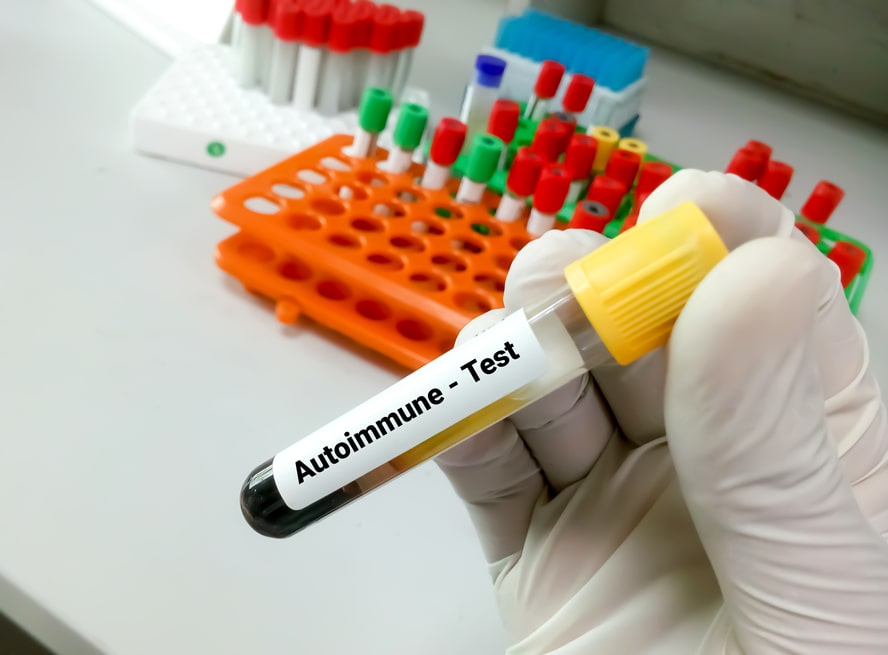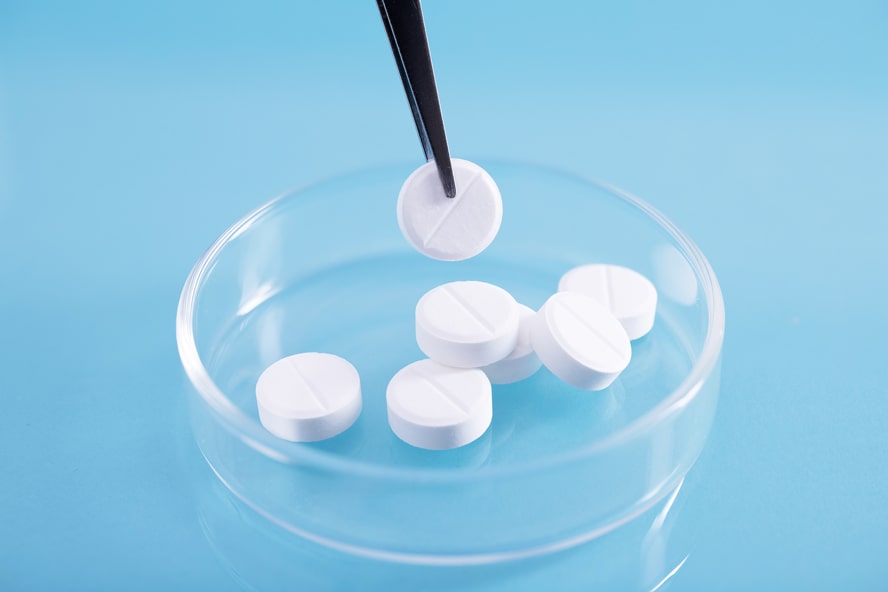Generic Plaquenil (Hydroxychloroquine)
Plaquenil is a medication used to treat or prevent malaria. It is also used to treat lupus erythematosus and rheumatoid arthritis. Hydroxychloroquine, the active ingredient in Plaquenil, is similar to chloroquine, a medication used to treat malaria. Plaquenil is available in generic form.
What is Plaquenil?
Plaquenil is a medical drug used to treat lupus erythematosus and chronic forms of rheumatoid arthritis, as well as some forms of malaria. The active ingredient of Plaquenil is hydroxychloroquine, a drug that has a pronounced anti—inflammatory, immunosuppressive and immunomodulatory therapeutic effect.

Hydroxychloroquine began to be systematically used in clinical practice for the treatment of malaria as early as 1947, as a synthetic replacement for quinine. As the new drug was studied, pharmaceutical companies began to produce medicines based on hydroxychloroquine, the most popular and in demand among which is considered to be Plaquenil.
During the development of Plaquenil, all the shortcomings that were noted in the first preparations based on hydroxychloroquine were taken into account and eliminated.
What is Plaquenil Used for?

Plaquenil is prescribed for the treatment of autoimmune and infectious diseases, the development of which is accompanied by inflammatory processes and / or feverish conditions.
How Plaquenil Works
The pharmacodynamics of hydroxychloroquine remains completely unexplored to this day.
It has been reliably established that hydroxychloroquine causes a consistent series of stable metabolic intracellular changes that significantly reduce the aggressiveness of the autoimmune response, thereby reducing the intensity of symptoms in lupus erythematosus and rheumatoid arthritis for a long period of time.
In the case of malaria, hydroxychloroquine increases the toxicity of hemoproteins in some Plasmodium species, as a result of which the parasites die.
Plaquenil Uses
Plaquenil and other types of hydroxychloroquine-based drugs is used in the treatment of the following diseases:
- Rheumatoid arthritis (including juvenile form).
- Systemic and discoid lupus erythematosus.
- Malaria caused by Plasmodium of such species: falciparum, malariae, ovale, vivax.
- Q fever caused by bacteria of the species Coxiella burnetii.
- Arthritis developed against the background of Lyme disease.
Recommendations for the use of Plaquenil
Plaquenil Dosage
In the case of lupus erythematosus and rheumatoid arthritis, Plaquenil is usually recommended to be taken 200 mg twice a day. As the condition improves, the dosage should be reduced to 200 mg per day once.
In the absence of the desired therapeutic effect, the daily dosage can be increased to 400 mg and above, but not more than 800 mg per day and only under the supervision of the attending physician.
In an acute attack of malaria, Plaquenil is taken once in a dosage of 800 mg. The treatment regimen and recommended doses of the drug may vary according to the doctor's decision, depending on the nature of the disease and the type of pathogen.
Plaquenil Contraindications
An absolute contraindication for taking Plaquenil is retinopathy due to the high toxic effect of hydroxychloroquine on the macula and cornea of the eye.
You should take the drug with caution in the following cases:
- any hematological, renal and/or hepatic diseases;
- severe forms of neuropsychiatric disorders and/or gastrointestinal diseases;
- any ophthalmic diseases or disorders;
- late-stage cutaneous porphyria;
- predispositions to dermatological allergic reactions;
- during pregnancy or breastfeeding.
Plaquenil Side effects
With a probability of >1%, the following side effects may occur: blurred vision, color perception disorders, swelling and clouding of the cornea, abdominal pain, nausea and vomiting, diarrhea, headache, dizziness, tinnitus, itching, muscle weakness, emotional irritability may occur.
Plaquenil Overdose
An overdose of Plaquenil occurs extremely rarely, but is characterized by high toxicity, up to a fatal outcome.
During the first hour, headache, fatigue and cramps in the legs (signs of hypokalemia), visual disturbances may occur. In the future, a heart rhythm disorder may develop, which is sometimes followed by collapse and death.
Plaquenil Drug Interactions
It is strictly forbidden to take Plaquenil simultaneously with the following groups of drugs:
- Antibiotics based on azithromycin: Azintra, Zithromax, Mezatrin, etc.
- Antiepileptic drugs: Diazepam, Primidone, Phenobarbital, etc.
- Antimalarial agents: Amodiaquine, Mefloquine, Primaquine, etc.
- Neostigmine, Pyridostigmine: have the opposite effect to Plaquenil.
- Diploid cell rabies vaccine: Plaquenil reduces the amount of antibodies produced by the body in response to vaccination.
Special caution is required by the combination of Plaquenil with the following medications:
- For the treatment of diabetes mellitus: Gliquidone, Metformin, Repaglinide, etc.
- Antacids: Aldroxicon, Maalox, Rolaids, Rulox, etc.
- Cimetidine: a blocker of H2-histamine receptors, may reduce the effectiveness of Plaquenil.
The combination of Plaquenil and drugs for the treatment of diabetes requires constant monitoring of blood sugar levels, since hydroxychloroquine enhances the effect of oral hypoglycemic drugs and insulin in particular.
Antacids worsen the absorption of hydroxychloroquine, and therefore the interval between taking these drugs should be at least 4 hours.
Special instructions and precautions
- In case of kidney or liver diseases, individual correction of the daily dosage of Plaquenil may be required.
- To enhance the therapeutic effect, Plaquenil is recommended to be washed down not with water, but with warm milk.
- With prolonged systemic administration of Plaquenil, it is necessary to regularly take an extended biochemical blood test for timely detection of hematological abnormalities.
FAQ

How fast does Plaquenil take effect?
Plaquenil is a cumulative drug. In most cases, patients feel the first signs of improvement in their condition only after a few weeks of treatment, and the full therapeutic effect occurs after 2-4 months.
Is it OK to give Plaquenil to children?
Plaquenil is not intended for children under 6 years of age or persons with a body weight of less than 31 kg due to the higher risks of developing a toxic reaction.
Is it true that you can go blind from Plaquenil?
Only if the therapeutic dose is regularly exceeded or if contraindications for eye diseases are deliberately ignored.
Is Plaquenil safe in pregnancy?
Plaquenil and pregnancy are unlikely to be compatible. Possibly the only exceptions are those situations where the benefit of the drug significantly exceeds the risks of negative effects on the embryo — in particular, intrauterine damage to the central nervous system. The decision on the expediency of treatment with Plaquenil for pregnant women should be made by your physician.



